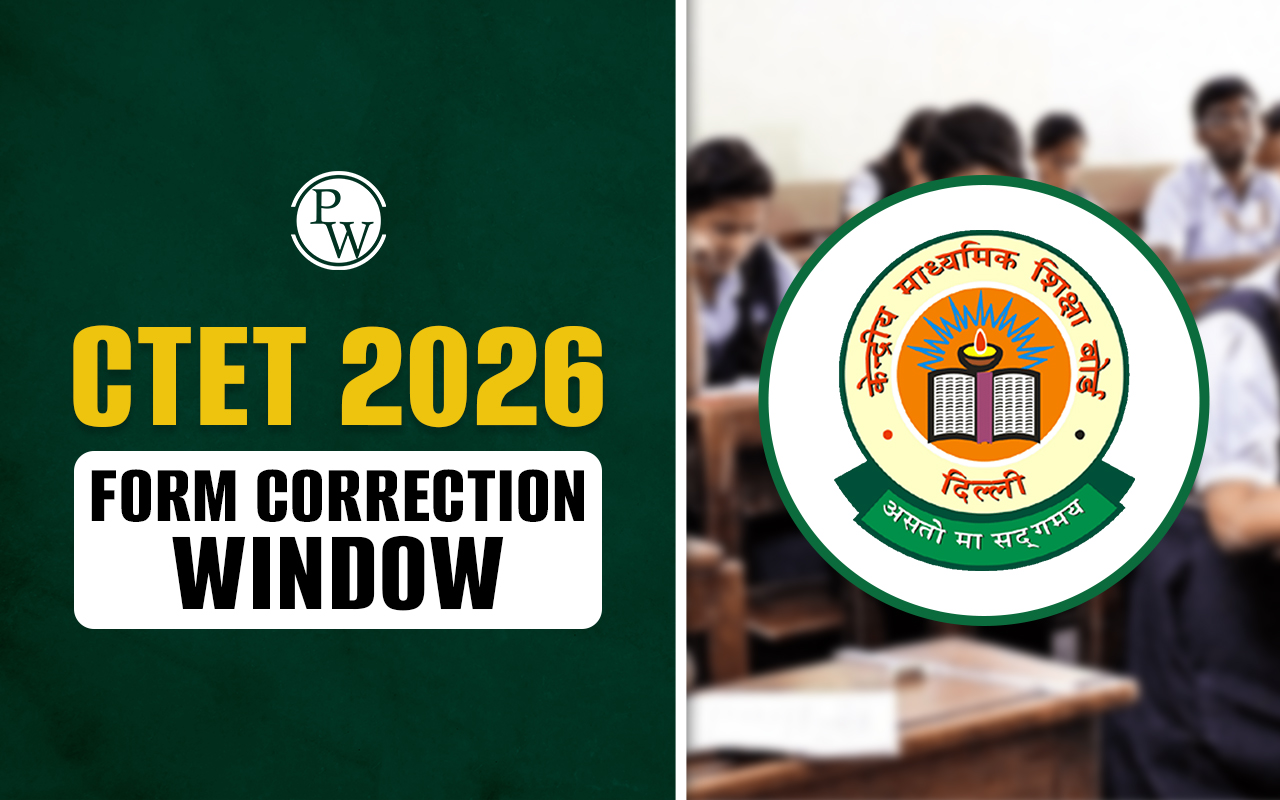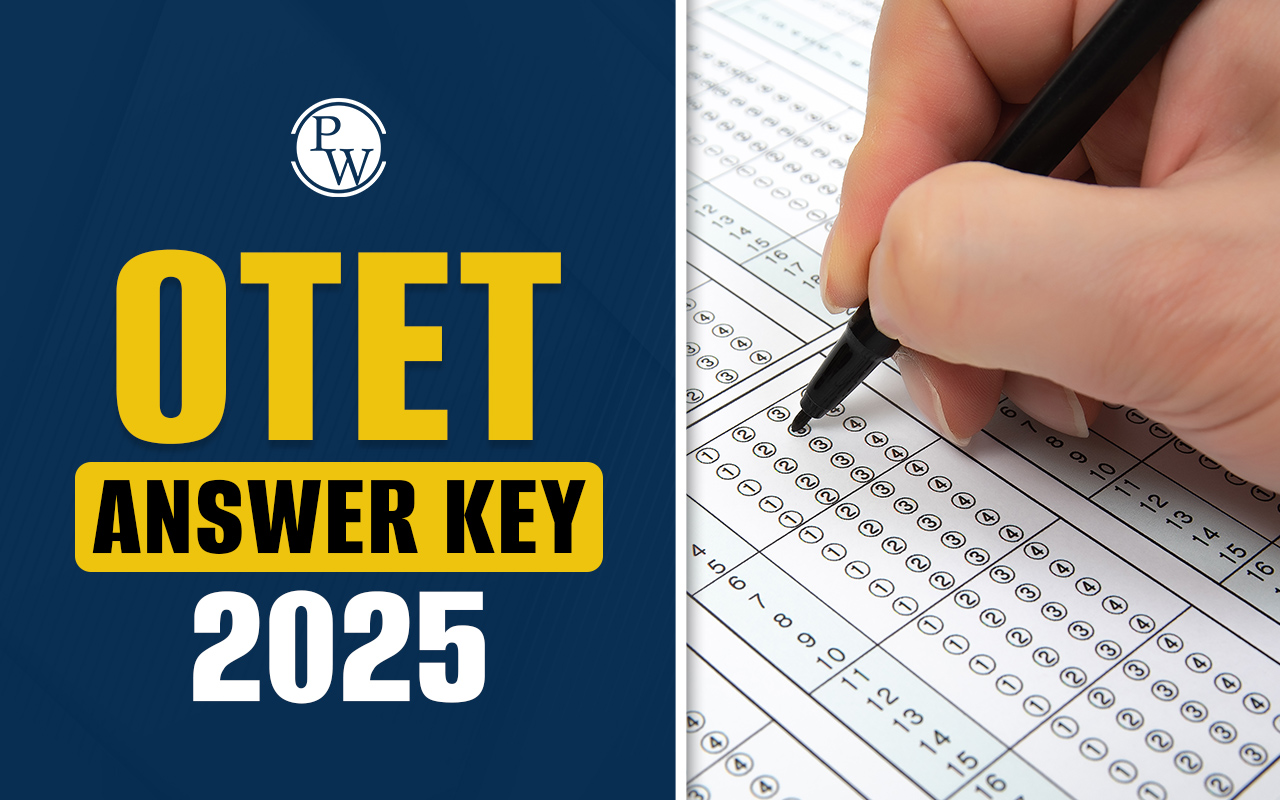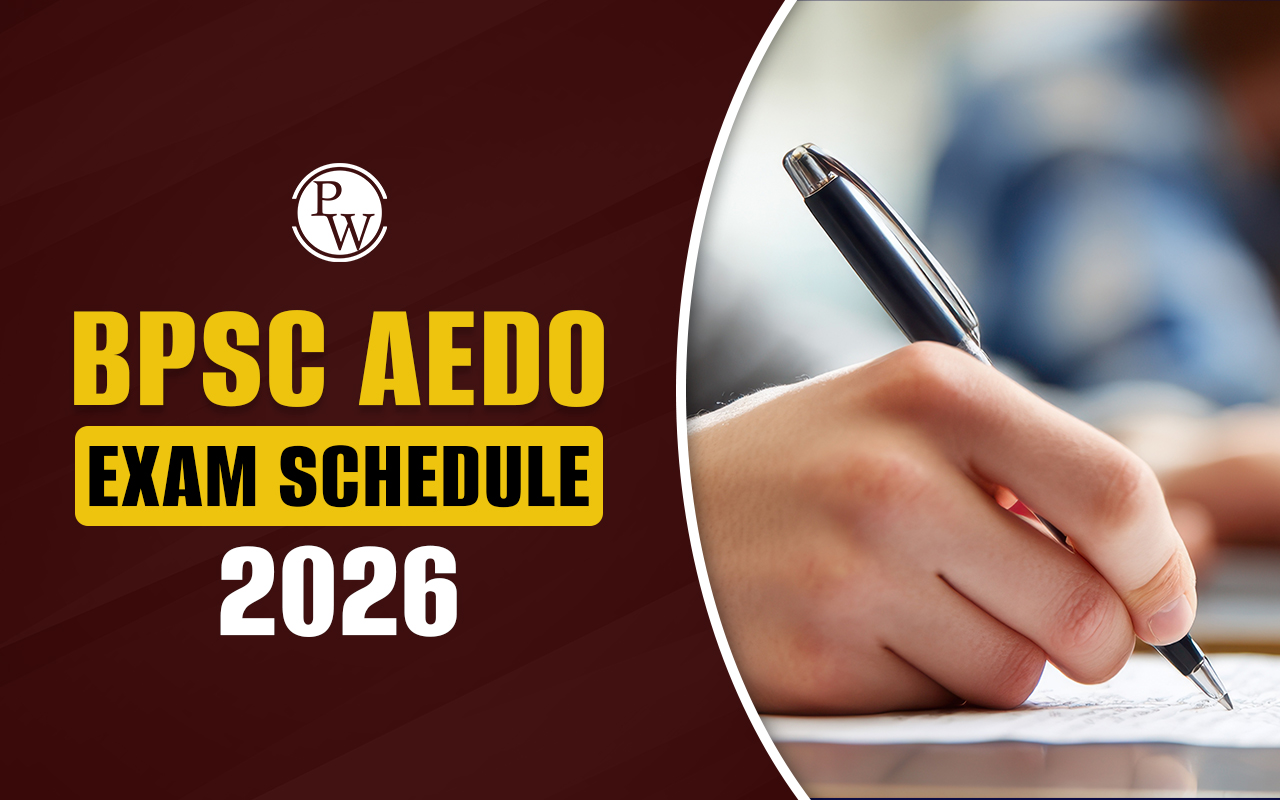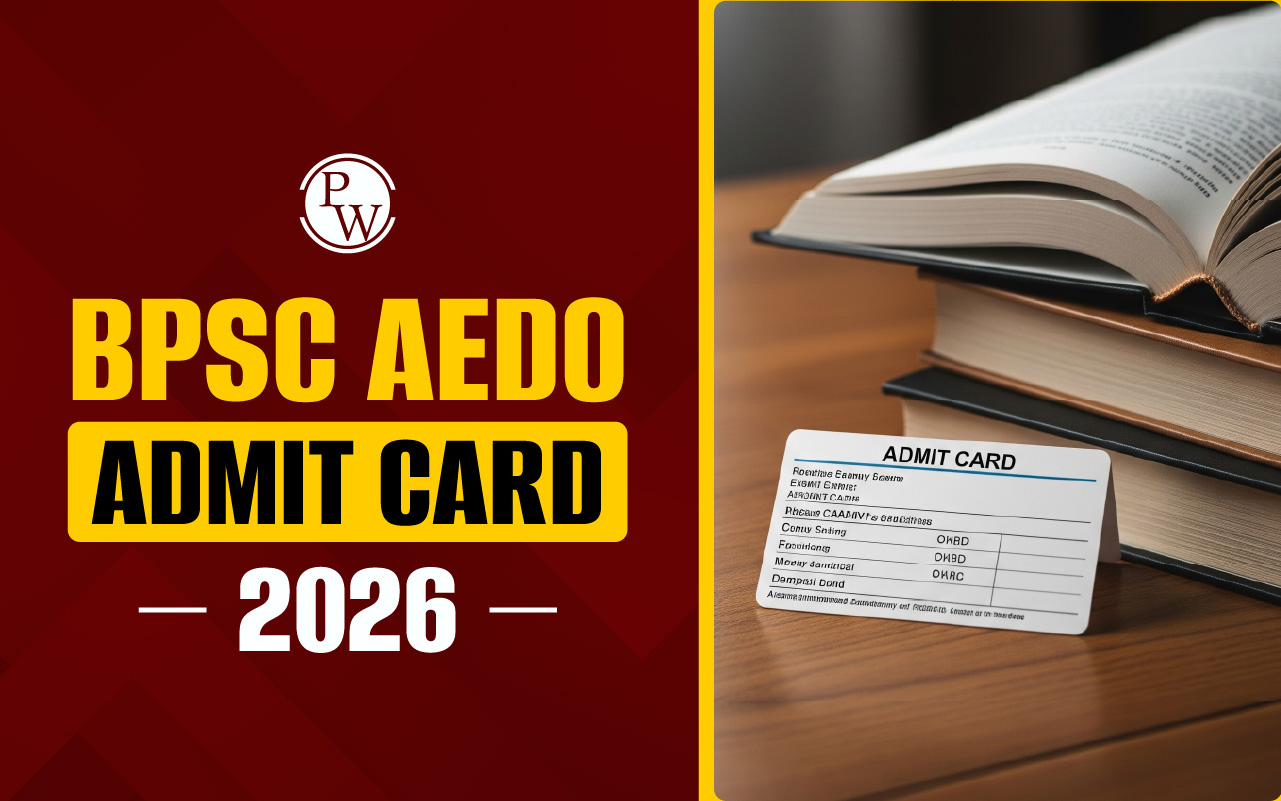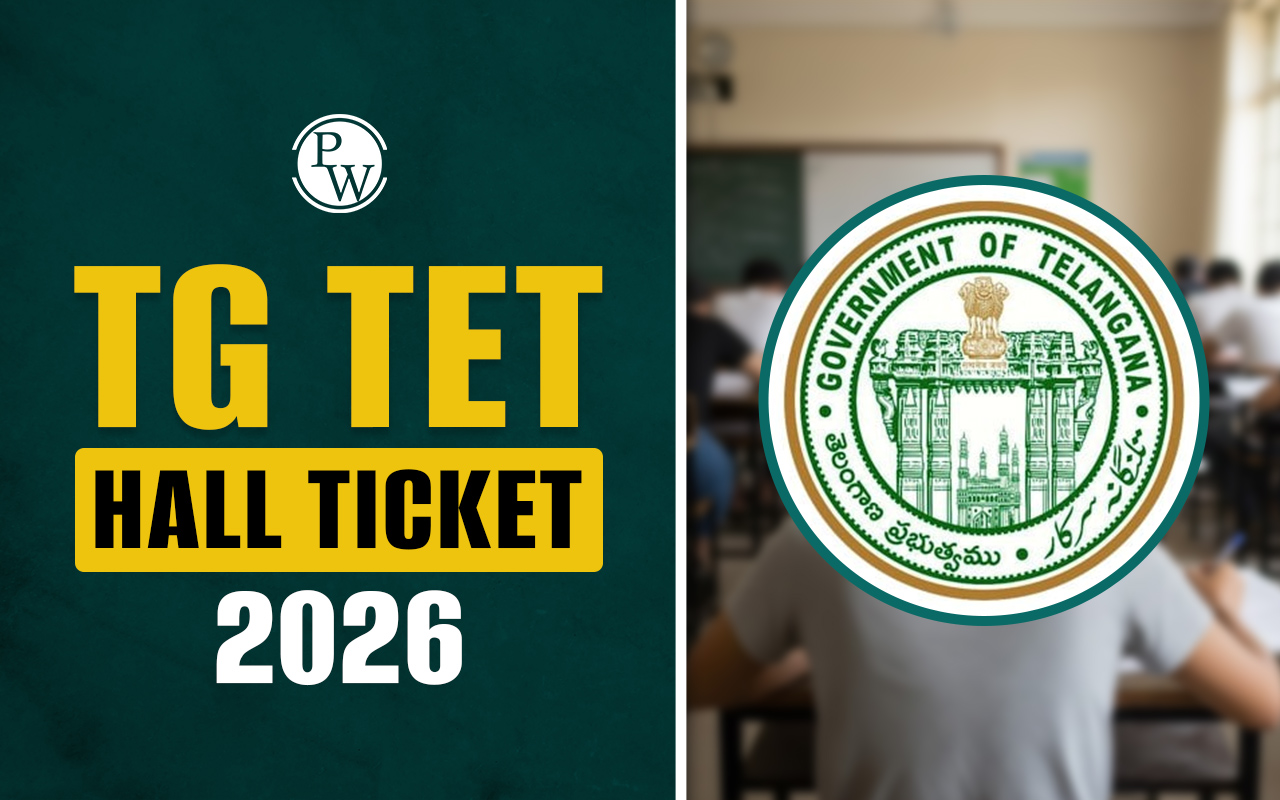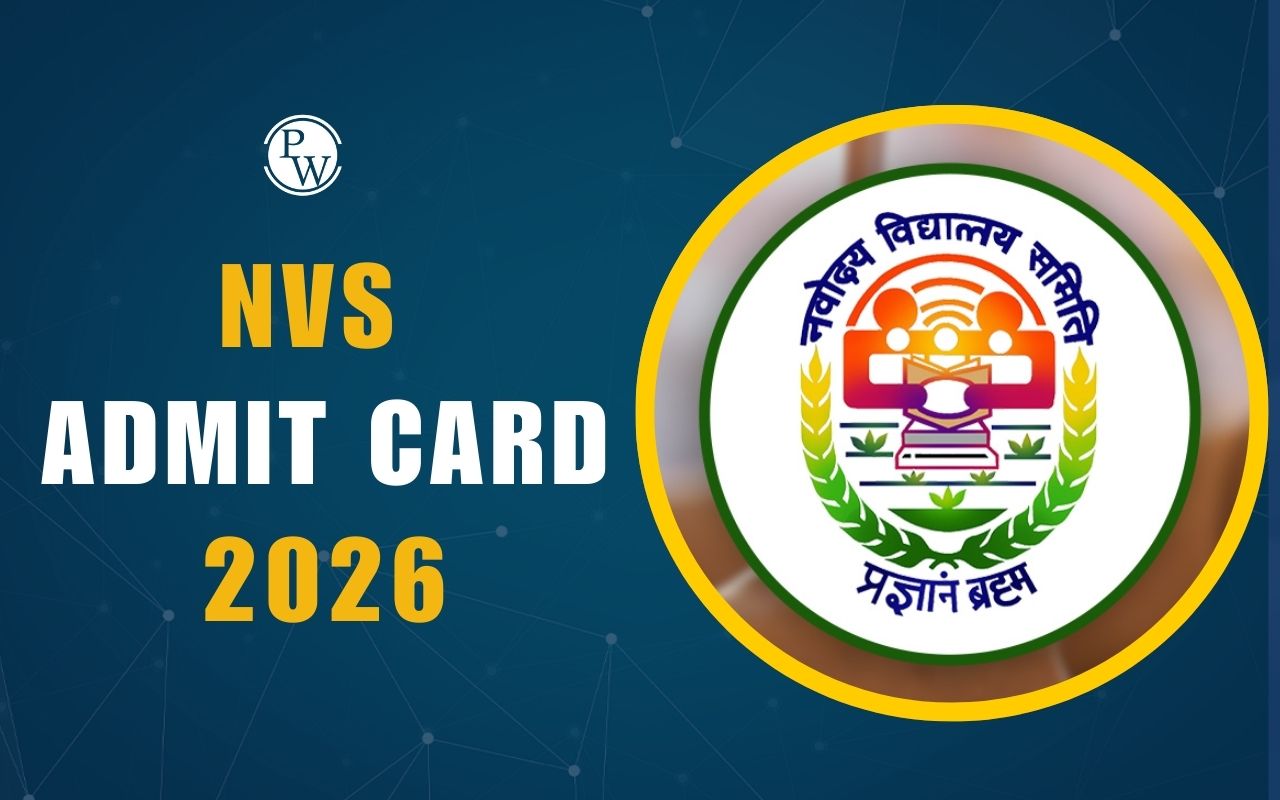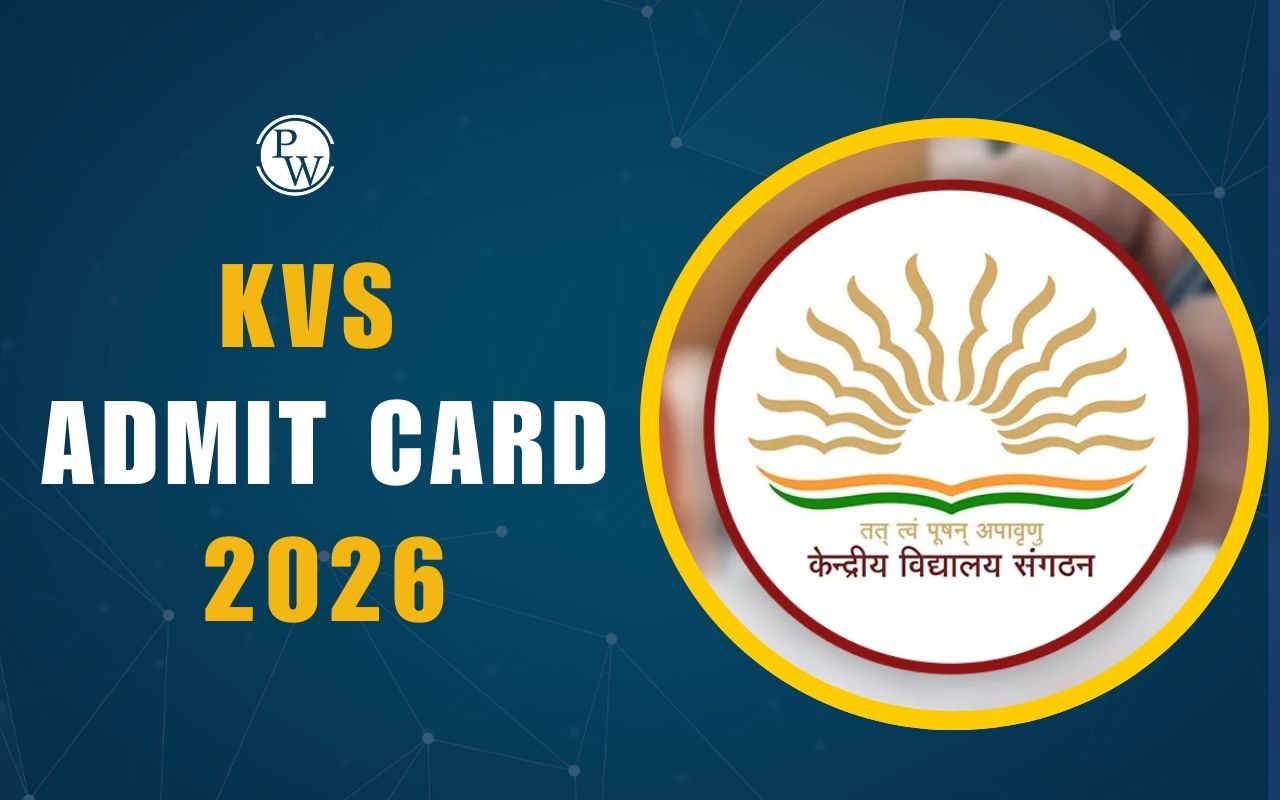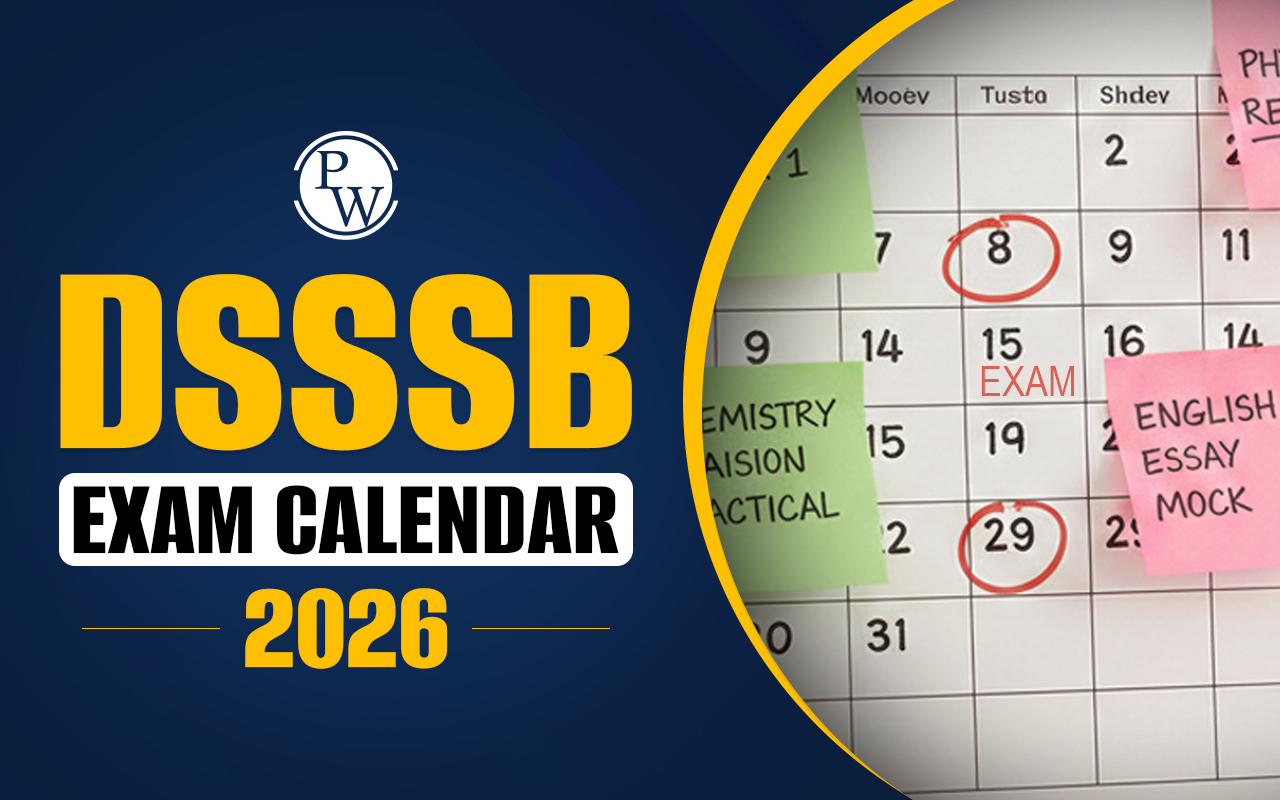
Assam TET Syllabus 2024: The Assam Teacher Eligibility Test (Assam TET) 2024 is an important examination for aspiring teachers in Assam. Conducted by the Secondary Education Department of Assam, this exam ensures that candidates meet the required standards to teach at primary and upper primary levels. This guide is specifically curated to provide a detailed breakdown of the Assam TET Syllabus 2024, including the exam pattern, subject-wise syllabus, and preparation tips.
Assam TET Syllabus 2024 Overview
The Assam TET Syllabus 2024 is specially and carefully designed to evaluate candidates' aptitude and teaching abilities. It is divided into two papers:
- Paper 1 : For candidates aiming to teach Classes 1 to 5 (Lower Primary).
- Paper 2 : For candidates targeting Classes 6 to 8 (Upper Primary).
Each paper is drafted to assess the candidates’ proficiency in child development, pedagogy, language, mathematics, and environmental studies. To qualify for the Assam TET 2024, candidates must understand the syllabus and exam structure. Below is an overview of the key details:
| Assam TET Syllabus 2024 Overview | |
|---|---|
| Exam Name | Assam Teacher Eligibility Test (TET) 2024 |
| Conducting Body | Secondary Education Department, Assam |
| Category | Syllabus |
| Exam Level | State Level |
| Mode of Exam | Offline (Pen and Paper) |
| Negative Marking | None |
| Official Website | ssa.assam.gov.in |
Assam TET Syllabus 2024 PDF Download
The Assam TET Syllabus 2024 PDF Download option is available on the official website of the Axom Sarba Siksha Abhiyan Mission. The PDF provides a subject-wise breakdown, helping candidates streamline their preparation. For the ease of the candidates, we have also provided the direct link below, through which they can download the Assam TET Syllabus 2024 PDF right away.Assam TET Syllabus 2024 PDF Download (Inactive)
Assam TET Syllabus 2024 for Paper 1
The Assam TET Syllabus 2024 for Paper 1 focuses on fundamental concepts that assess the candidates' ability to teach primary school students. Below is a section-wise recap:| Subject | Syllabus |
|---|---|
| Assam TET Child Development & Pedagogy Syllabus |
|
| Assam TET Language I – (compulsory-any one) Syllabus |
|
| Assam TET English syllabus |
|
| Assam TET Maths Syllabus |
|
| Assam TET EVS Syllabus |
|
Assam TET Paper 1 Exam Pattern 2024 (Lower Primary)
The Assam TET Paper-I is designed for candidates aspiring to teach classes 1 to 5. The key details of the exam pattern are as follows:- Nature of the Exam: Written examination
- Question Type: Multiple Choice Questions (MCQs)
- Number of Questions: 150
- Total Marks: 150
- Duration: 150 minutes (2 hours and 30 minutes); additional 20 minutes per hour for visually impaired candidates
-
Passing Criteria:
- General category: Minimum 60% (90 marks out of 150)
- Reserved categories (SC/ST/OBC/PWD): Minimum 55% (83 marks out of 150)
- Negative Marking: None
- Language Options: Assamese, Bengali, Bodo, Hindi, and English
| Assam TET Paper 1 Exam Pattern 2024 (Lower Primary) | |||
| Subject | Number of Questions | Marks | Time Duration |
| Child Development and Pedagogy (Mandatory) | 30 | 30 | 2 Hours 30 Minutes |
| Language 1 | 30 | 30 | |
| Language 2 (Mandatory) | 30 | 30 | |
| Mathematics | 30 | 30 | |
| Environmental Science | 30 | 30 | |
| Total | 150 | 150 | |
Assam TET Syllabus 2024 for Paper 2
The Assam TET Syllabus 2024 for Paper 2 highlights subject expertise and teaching methodologies for upper primary students. The key sections are as follows:| Subject | Syllabus |
|---|---|
| Assam TET Child Development and Pedagogy Syllabus |
|
| Assam TET Language I |
|
| Assam TET English Syllabus |
|
| Assam TET Maths Syllabus |
|
| Assam TET Science Syllabus |
Physics
Chemistry
Biology
|
| Assam TET Social Science Syllabus |
Geography
History
Economics
Political Science
|
Assam TET Paper 2 Exam Pattern 2024 (Upper Primary)
The Assam TET Paper-II is for candidates aiming to teach classes 6 to 8. The examination details are as follows:- Nature of the Exam: Written examination
- Question Type: Multiple Choice Questions (MCQs)
- Number of Questions: 150
- Total Marks: 150
- Duration: 150 minutes (2 hours and 30 minutes); additional 20 minutes per hour for visually impaired candidates
-
Passing Criteria:
- General category: Minimum 60% (90 marks out of 150)
- Reserved categories (SC/ST/OBC/PWD): Minimum 55% (83 marks out of 150)
- Negative Marking: None
- Language Options: Assamese, Bengali, Bodo, Hindi, and English
| Assam TET Paper 2 Exam Pattern 2024 (Upper Primary) | |||
| Subject | Number of Questions | Marks | Time Duration |
| Child Development and Pedagogy (Mandatory) | 30 | 30 | 2 Hours 30 Minutes |
| Language 1 | 30 | 30 | |
| Language 2 (Mandatory) | 30 | 30 | |
| Mathematics, Science, or Social Science | 60 | 60 | |
| Total | 150 | 150 | |
Assam TET Syllabus 2024 Subject Wise
The Assam TET Syllabus 2024 provides a detailed structure for candidates aspiring to become teachers in Lower Primary (Class 1 to 5) and Upper Primary (Class 6 to 8) levels. It covers essential topics across Child Development, Languages, Mathematics, Environmental Science, and more. Understanding the syllabus subject-wise is necessary to develop a focused and effective preparation strategy.Assam TET Syllabus 2024 Paper I
Paper-I of Assam TET is designed for candidates who are aiming to teach at the Lower Primary level (Class 1 to 5). It emphasizes core subjects like Child Development, Language-I, Language-II, Mathematics, and Environmental Studies, ensuring comprehensive assessment of the teaching aptitude.Child Development and Pedagogy
- Child Development (For children 6-11 years group): Concept and stages of development, characteristics of different stages of development.
- Factors Influencing Child Development: Biological, heredity, psychological, and environmental factors.
- Dimensions of Child Development: Physical, cognitive, emotional, social, and moral development. Language development during early and later childhood.
- Individual Differences: Concept and areas of individual differences, intra and inter-individual differences in areas like interest, habit, aptitudes, intelligence, creativity, and their assessment.
- Personality: Understanding types of personality and the factors influencing personality.
- Common Behavioral Problems of Children: Covering conditions like attention deficit hyperactivity disorder, oppositional defiant disorder, conduct disorder, and their causes and remedies.
- Adjustment: Exploring the concept of mental health and hygiene.
- Process of Learning: Understanding the meaning and nature of learning, factors affecting learning, maturation and readiness for learning, and motivation.
- Methods of Learning: Learning about the major laws of learning and their educational implications.
- Theories of Learning: Covering theories like connectionism (stimulus-response theory), conditioning (classical and operant), and constructivism.
- Pedagogy: Knowledge of children from diverse contexts, socio-cultural backgrounds, children with special needs, inclusive education, and understanding of children with learning difficulties and behavioural problems.
- Organizing Teaching: Exploring teaching as a planned activity, different phases of teaching, and various teaching methods.
- Classroom Management: Understanding the roles of the teacher and the students, leadership qualities of a teacher, and time and task management.
- Concept of child-centred teaching and competency-based teaching.
- Evaluation: Exploring continuous and comprehensive evaluation, including formative and summative evaluation.
Mathematics
- Numbers: Covering concepts like natural numbers, whole numbers, even and odd numbers, prime and composite numbers, place value system, four fundamental operations on numbers, factors and multiples, prime factors, lowest common multiples (LCM), highest common factors (HCF), and more.
- Fractions: Understanding the concept of fractions, types of fractions, and operations involving fractions.
- Money: Covering the concept of money, conversions, and solving problems related to money.
- Geometry and Mensuration: Introduction to shapes, lines, angles, triangles, quadrilaterals, circles, and calculations of length, perimeter, and area of geometrical figures.
- Data Handling: Learning about data representation, pictographs, bar diagrams, pie charts, and drawing inferences.
- Integration of ICT in teaching Mathematics.
Environmental Studies
- Children's environment (near and far).
- Natural environment (biotic and abiotic components).
- Social and man-made environment.
- Festivals.
- Some social issues.
- Environment and child’s need.
- Care and protection of the environment.
- Integration of ICT in teaching environmental science.
Assam TET Syllabus 2024 Paper II
Paper II is meant for candidates who wish to teach at the Upper Primary level (Class 6 to 8). This paper includes advanced topics in Child Development, Language-I, Language-II, Mathematics and Science, or Social Studies, tailored according to the specific teaching preferences.
Child Development and Pedagogy
- Factors influencing Development: Concept and stages of Development, Biological, Psychological, and Environmental factors.
- Dimensions of Child Development: Physical changes, Cognitive, Emotional, Social, and Moral.
- Understanding changes during the stages of development.
- Individual differences: Concept and areas of individual Differences, Intra and Inter-individual differences in various areas of interest, habits, aptitudes, intelligence, creativity, and their assessment.
- Personality: Concept and types of personality and factors influencing personality.
- Adjustment: Concept of mental health and hygiene.
- Adolescence: Stages of adolescence, problems of adolescence, adolescence education, guidance and counselling, understanding developmental hazards.
- Process of learning: Same as the lower primary.
- Theories of learning: Same as the lower primary.
- Pedagogy: Same as the lower primary.
Mathematics
- Numbers: Natural numbers, test of divisibility, whole numbers, negative numbers and integers, rational numbers, irrational numbers, fractions, decimal fractions, LCM and HCF of rational numbers, comparisons and operations of rational numbers, properties of numbers, square, square roots, cube, cube roots, powers and exponents, laws of exponents. Socially applicable Mathematics: Ratio and proportion, simple and compound interest, use of the unitary method, discount, profit and loss.
- Algebra: Preliminary concept of algebra, algebraic expressions and their types, operations on algebraic expressions, factorization on algebraic expressions, linear equations in one variable, linear equations in two variables, linear inequalities, algebraic solutions of linear inequalities of one variable, algebraic method of solutions of a pair of linear equations.
- Geometry and Mensuration: Lines and angles, pairs of angles, properties of triangles, quadrilaterals, and polygons, congruency of triangles, area of a triangle, Pythagoras theorem, perimeter and area of different geometrical figures, the idea of pie, surface area and volume of cube, cuboid, cone, cylinder, and sphere, surface area and volume of the combination of solids.
- Introduction to Graphs and Data Handling: Cartesian plane, co-ordinate of points, plotting of points in different situations, distance between two points, reading and drawing of linear graphs, collection and organization of data, classification of data, class interval, frequency of a class, frequency distribution table, introduction of graphs, bar and pie graphs, reading bar graphs, interpretation of data from graphs, measures of central tendency. Integration of ICT in teaching Mathematics: Importance of ICT in teaching Mathematics, use of ICT in teaching mathematics.
Science
This subject is classified into three categories: physics, chemistry and biology. The syllabus of these categories is provided separately:
I. Physics
- Kinematics: Motion in a straight line: Understanding distance and displacement, speed and velocity, concepts of uniform and non-uniform motion, calculation of average and instantaneous speed and velocity.
- Laws of Motion: Newton’s first law of motion: Exploring the qualitative concept of force, the concepts of inertia of rest and inertia of motion, and their real-world examples.
- Heat and Temperature: Differences between heat and temperature: Distinguishing between the concepts of heat and temperature.
- Light: Rectilinear propagation of light: Understanding how light travels in straight lines.
- Sound: Understanding the fundamental principles of oscillations and waves. Exploring different types of waves, such as mechanical and electromagnetic waves.
- Electricity: Electric charge and Coulomb’s law: Understanding the basic properties of electric charge and Coulomb’s law.
II. Chemistry
- Metals and Non-Metals: Exploring the characteristics that distinguish metals from non-metals based on physical properties.
- Physical and Chemical Change: Distinguishing between changes that alter the chemical composition of substances and changes that don't.
- Acids, Bases, and Salts: Understanding the properties and characteristics of acids and bases.
- Fibre and Fabric: Differentiating between fibres obtained from natural sources and those synthesized chemically.
III. Biology
- Cells: Understanding the basic unit of life, the cell.
- Transportation in Animals and Plants: Understanding the human circulatory system. Examining the process of waste removal in humans.
- Respiration in Organisms: Exploring the process by which organisms generate energy. Understanding respiration in the absence of oxygen.
- Reproduction in Plants: Learning about methods of asexual plant reproduction.
Social Studies
This subject is also classified into three sections, namely: history, geography and civics. The syllabus of these three sections is provided below separately:
History
- Pre-history: Tracing the evolution of human civilization from hunting to agriculture.
- Ancient urban civilizations: Examining the features of the Indus Valley civilization, including town planning, religious beliefs, occupation, trade and commerce, art, culture, and its place in the contemporary world civilization.
- Vedic Age: Understanding the settlement of the Aryans, their religious practices, livelihood, social system, and the composition of Vedas.
- History of Assam: Exploring the pre-history of Assam, the geographical location of ancient Kamrupa, socio-economic conditions, and the Sakstambha and Pal dynasties.
- Medieval Assam: Examining the empires of the Ahom and Koch Kingdoms, along with the Kachar, and the emergence of new religious ideas such as Jainism and Buddhism.
- Major political dynasties of India and their contribution, including the Mauryans and Guptas in the ancient period and the Turko-Afghans and Mughals in the medieval period.
- Rise and growth of British power in India: Learning about significant historical events such as the Regulating Act, the Pitt’s India Act, the doctrine of lapse, the sepoy mutiny, the growth of Indian nationalisms, social reform movements, non-cooperation movement, civil disobedience movement, and the Quit India movement. Also, understanding the role of Assam in the freedom movement of India from 1857 to 1947.
- Reforms during the rule of the East India Company: Examining administrative reforms, revenue collection, educational reforms, and the influence of social reform movements such as Brahmo Samaj, Prarthana Samaj, Ramakrishna Mission, and Arya Samaj.
Geography
- Our Earth: Understanding the characteristics of our planet.
- Solar system: Learning about our solar system.
- Major domains of the Earth: Examining the Earth's significant geographical divisions.
- Major landforms of the Earth: Identifying important landforms on Earth.
- About Assam: Exploring the geographical and cultural aspects of the Indian state of Assam.
- About India: Understanding the geography and diversity of India.
Economics
- Basic concepts of economics: Introducing fundamental economic principles.
- Market: Exploring the concept of markets and market dynamics.
- Human resources: Understanding the role of human resources in economic development.
- Planning and Budget: Learning about economic planning and budgeting.
- Financial institutions: Examining various financial organizations and their functions.
Political Science
- Government: Understanding the structure and functions of government.
- Democracy: Learning about the democratic system.
- Constitution of India: Exploring the Indian constitution.
- Integration of ICT in teaching Social Science: Recognizing the importance of technology in teaching social sciences.
Preparation Tips for Assam TET 2024
Preparing for the Assam TET 2024 requires a strategic approach, focused dedication, and consistency. Here are some effective preparation tips to help candidates to qualify in the Assam TET 2024 exam:- Understand the Syllabus and Exam Pattern: Start by thoroughly reviewing the Assam TET Syllabus 2024.
- Create a Study Plan: Allocate time for each subject based on your strengths and weaknesses.
- Practice Previous Papers: Solve past question papers to understand the exam pattern.
- Use Standard Books: Refer to NCERT textbooks and other recommended guides.
- Focus on Pedagogy: Dedicate time to pedagogy sections as they carry significant weightage.
- Mock Tests: Regularly take mock tests to assess your preparation and improve time management.
Assam TET Syllabus 2024 FAQs
What is the Assam TET Syllabus 2024?
How many papers are there in Assam TET 2024?
What are the key sections in the Assam TET Syllabus 2024?
Where can I get the Assam TET Syllabus 2024?
Is the Assam TET Syllabus 2024 the same every year?

